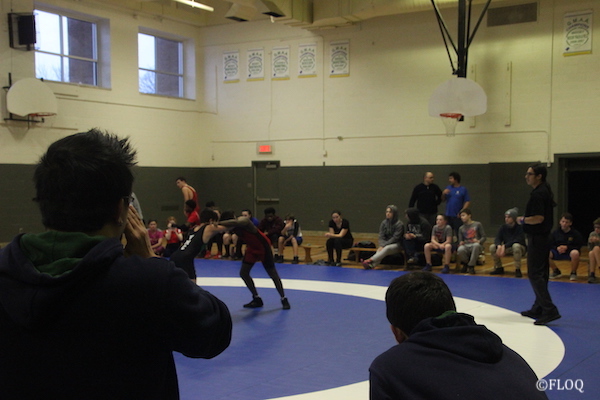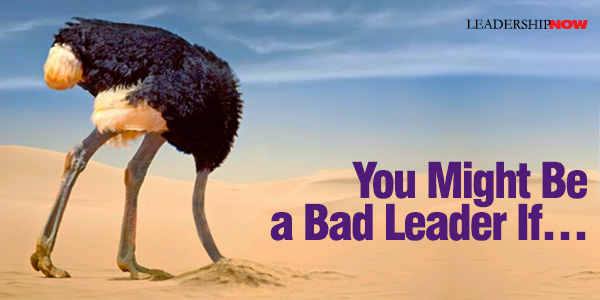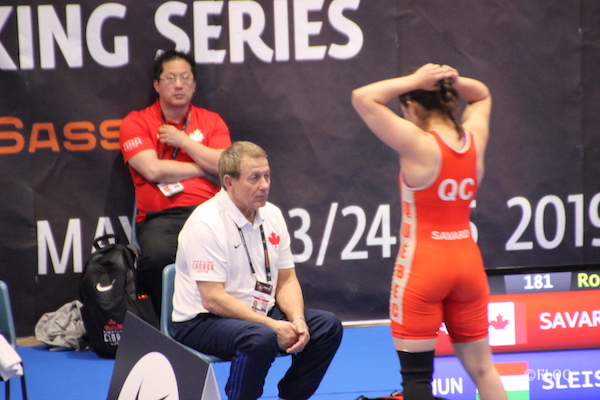Friday September 27th 2019
It’s been nearly week since my first session at the Advanced Coaching Diploma session in Toronto. With all that I have going on, I realized that taking the course would definitely constitute just another huge commitment on my part. As mentioned in my previous blog, one of the obstacles in front of me that was an area of concern was the investment of time and not having anything to show for it in the end. In a way, doing this certification would be like going back to school and that’s not always an appealing prospect when it seems like I sometimes have to juggle three full-time jobs. However, after an intense weekend of being bombarded with knowledge, my stance has changed. Due in large part to the material covered over the two days I was there, I started to examine my role, motivations and direction for my coaching and what would make me a better coach as well as a better leader. It also occurred to me that there were many things that went into being a good coach and leader that I could still learn. It’s also worthwhile noting that while the terms leader and coach sound similar, they’re not interchangeable. These are just some of things that I came away with this weekend.
Learning for the sake of learning can never be considered a waste of time
This simple sentence and it’s meaning was reinforced to me after an intense weekend of exchange with some of my fellow coaches in various sports from across Canada. Meeting fellow like-minded coaches in different sports from around the country opened my mind to many new possibilities. It reinforced that certain things I’m doing in my coaching career are where they need to be and that there are things I need to work on as well if I want to move forward. After all, as coaches we need to be life-long learners and evolve as our athletes change with the times. To think that you know it all, or that you have nothing new to learn is a barrier in moving forward and show’s your limitations. I’ve met some coaches in my life who’ve often referred to themselves as “expert” coaches or “the most qualified” coaches around. This lack of humility and ignorance is both hilarious and appalling at the same time. With these simple statements, one shows that their insecurities close their mind to evolving and learning. I’ve rarely heard high-level coaches describe themselves in this way. After all, when you get to this point, you have nothing left to prove. This ability to learn and evolve is just one of the aspects of a good coach and leader.
Good leaders rarely seek the spotlight
Good leaders don’t put the spotlight on themselves, often preferring to direct it to other people around them. After all, good leaders are there for the sake of the people around them and not vice-versa. This too can also apply to coaches. In some rare instances, a coach will direct the spotlight on themselves in order to take some heat off their athletes. This however this is usually an isolated incident and done for the good of the team rather than the ego of the coach. In other words, the team’s success is never been about them. I remember on many instances, my coach Victor Zilberman during interviews often trying to deflect attention away from him, while telling the reporters instead to talk to the athletes because the focus should be on them. I’ve often done this during my time as a coach, often citing the same reasons and that we were there for the athletes and not the other way around. I’ve seen some coaches throughout my many years treat their team and athletes as a showcase for their own agenda of self-promotion. By doing this, they demonstrate their true motivations for why they coach, and it’s definitely not for the athletes. Good leaders lead by example and don’t try to make it about themselves.

Good leaders can be just as effective in the background
Personal agendas are left on the wayside for the benefit of the team
Personal agendas exist everywhere, that’s a given. Often, it can be difficult to not have your personal agenda conflict with that of the team. With that being said, a coach can still be in the background but at the same time, use the team to further his or her own agenda. As to what this agenda is, who knows? Sometimes the coach’s agenda isn’t obvious and sometimes the conflict of interest is blatant to everyone else but the coach. A good coach will accept this feedback, move on and grow from it. A bad one will dismiss it and continue on with the status quo. Good leaders are able to put aside their agendas and for the good of their team and the people around them.
Good leaders know which feedback to take and what feedback to let go
I’ve often found that in my own life, people have found me to be either abrasive or unreceptive to feedback. I tend to tense up when getting feedback and I’m guessing from my body language that people think that I’m not ready to receive criticism. While I do realize that I do this, I honestly think that it isn’t because I’m resistant to feedback. Rather this habit goes back to my competition days. That tension in my body meant that I was preparing to go back into match and put back what I got from the corner into practice. Being a high-level athlete means that you have to be able to accept feedback or you’ll never get better. In other words, the body tension was a sort of fight-or-flight mechanism put into effect and throughout these many years, I guess it’s something that’s never left me. Not all feedback is good as some of it comes across as being way too negative to help and that’s never a positive thing. Being able to not let bad feedback affect you is just one example of letting go and I think that good leaders are able to do this.

If your “head is in the sand”, then you can’t even process feedback
(Photo property of Leadership Now)
Good leaders are focused just as much on the process as well as the results
While this statement applies more to coaching, I feel that good leaders also emulate this train of thought. In order to get the best out of anyone, you have to be concerned about how they get there. The big picture ultimately concerns winning and producing champions. But champions don’t come ready-made. A lot of work goes in to producing a medallist at multiple levels and each victory at the lower levels becomes a building block for the next one. You can never achieve the results you want without first focusing on the process.

Focus on process is so important to the overall success of the athlete
A coach can be a leader but a leader can’t always coach
A good leader can bring out the best from the people around him or her. A good leader will sometimes get in the trenches with his charges and lead by example or be able to direct people in an efficient way as to maximize their output. While this may involve some teaching and developing, being a good leader may not require you to teach or develop. A coach however is required to develop skills from top to the bottom, be it at a low or high level. With that being said, a coach by default has to be good leader in order for their athletes to follow them as they guide them on their athletic journey. As I said before, the terms are not interchangeable.
When it’s all said and done, I guess that as coaches, we also embark on this journey of learning and growing with our athletes. Being a good coach also requires that you be a good leader and that means you never stop learning. To do so does a disservice to you and your athletes.

